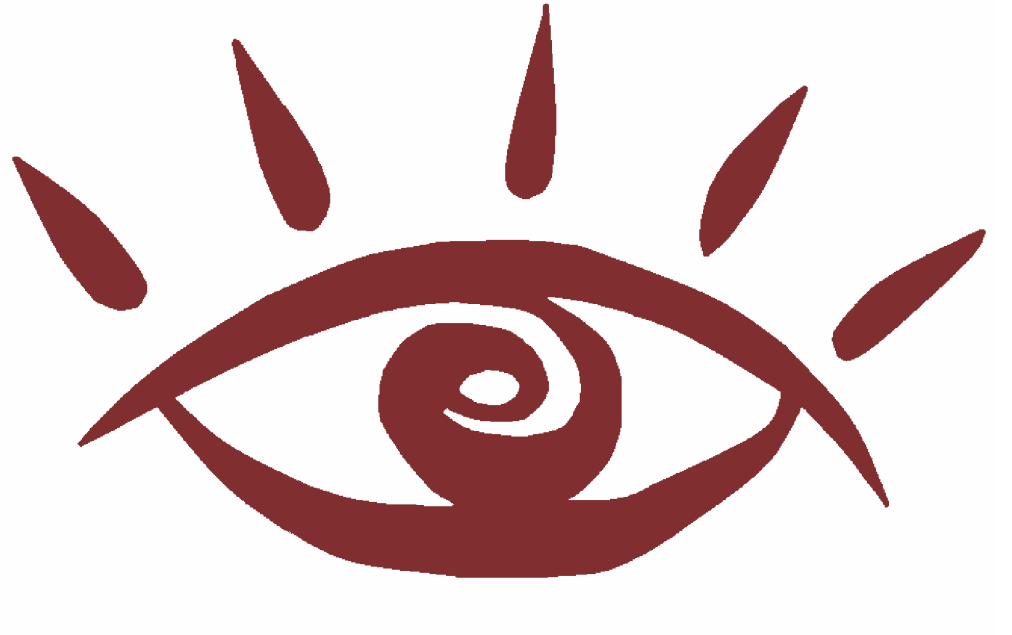Topographical Contact Fitting
How Do We Ensure a Perfect Fit for Your Contacts?
Topographical maps use elevation lines to describe hills and mountains. The steeper a mountain, the closer together the elevation lines are.
Imagine that the cornea of the eye is a miniature mountain. A corneal topographer is a clinical device that quickly and accurately creates a topographical map of the eye. This information is used not only to evaluate the health of the eye but is used to select the best fit lens curve to keep the eye healthy and comfortable with a proper lens.
When special designed contacts are used to manage myopia (or nearsightedness), a corneal topographer gives very important information that is used to design a lens and evaluate changes to the cornea. This helps to guide the process of slowing or stopping the progression of myopia (near-sightedness).
Topographical maps are also critical for diagnosing and managing irregular corneas and keratoconus, both conditions that are best corrected with special designed contact lenses.
In addition to the corneal topographer, our office uses another topographer that maps the sclera (or white part of the eye). This tool is used create very accurate maps used to design and fit scleral contact lenses for keratoconus, irregular corneas, corneas that have had less than ideal surgical outcomes, and dry eye patients.
Request An Appointment
Accepting New Patients. Call Us for an Appointment!
Our Address
620 S Central Ave
Safford, Arizona 85546
Contact Us
Hours of Operation
Monday: 8AM-5PM
Tuesday: 8AM-5PM
Wednesday: 8AM-5PM
Thursday: 8AM-5PM
Friday: Call for Emergency Eye Services
Saturday: Call for Emergency Eye Services
Sunday: Closed
Our Location
2024 © Copyright Desert Family Vision Center
